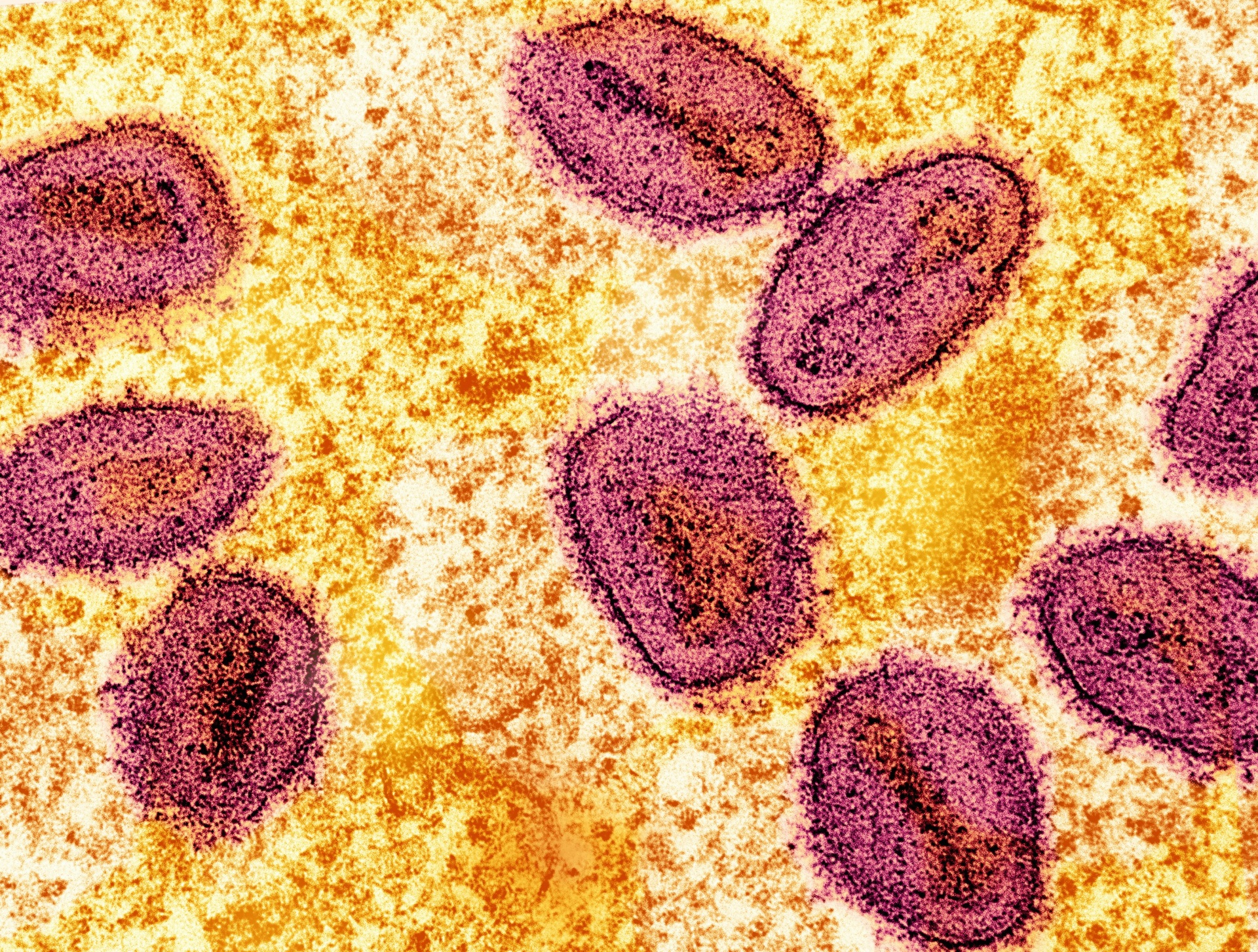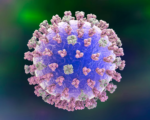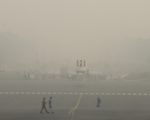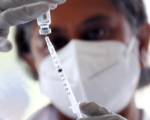Philippines Reports First Mpox Case of the Year, Awaiting Strain Identification

The Philippines has identified its first mpox case of the year, marking the first occurrence since December 2023. The patient, a 33-year-old Filipino male with no recent travel history outside the country, is currently under observation as health officials await sequencing results to determine the specific strain of the virus. The Department of Health (DOH) has stated that symptoms began over a week ago, starting with a fever, followed by the appearance of a distinct rash across various parts of the body, including the face, back, groin, and soles.
This case adds to the 10 laboratory-confirmed cases of mpox reported by the Philippines since July 2022. Mpox, caused by the monkeypox virus, typically presents with flu-like symptoms and pus-filled lesions, and while generally mild, it can pose serious risks, particularly for children, pregnant women, and individuals with compromised immune systems, such as those living with HIV.
Globally, mpox has been a growing concern, with the World Health Organization (WHO) recently declaring it a global public health emergency. The alarm was raised following an outbreak in the Democratic Republic of Congo that quickly spread to neighboring countries. A new variant of the virus, which appears to spread more easily through close contact, has heightened these concerns. Recent reports have confirmed cases of this variant in Sweden, linked to the African outbreak, and in Pakistan, where at least one case was detected in a patient returning from a Gulf country.
As health authorities in the Philippines and around the world continue to monitor the situation, there is an urgent need for timely identification of the virus strain and effective containment measures. This ongoing vigilance is critical as the global community grapples with the challenges posed by emerging infectious diseases. The latest case in the Philippines underscores the importance of continued public health surveillance and preparedness in addressing potential outbreaks, ensuring that responses are swift and informed by the most up-to-date scientific knowledge.





















